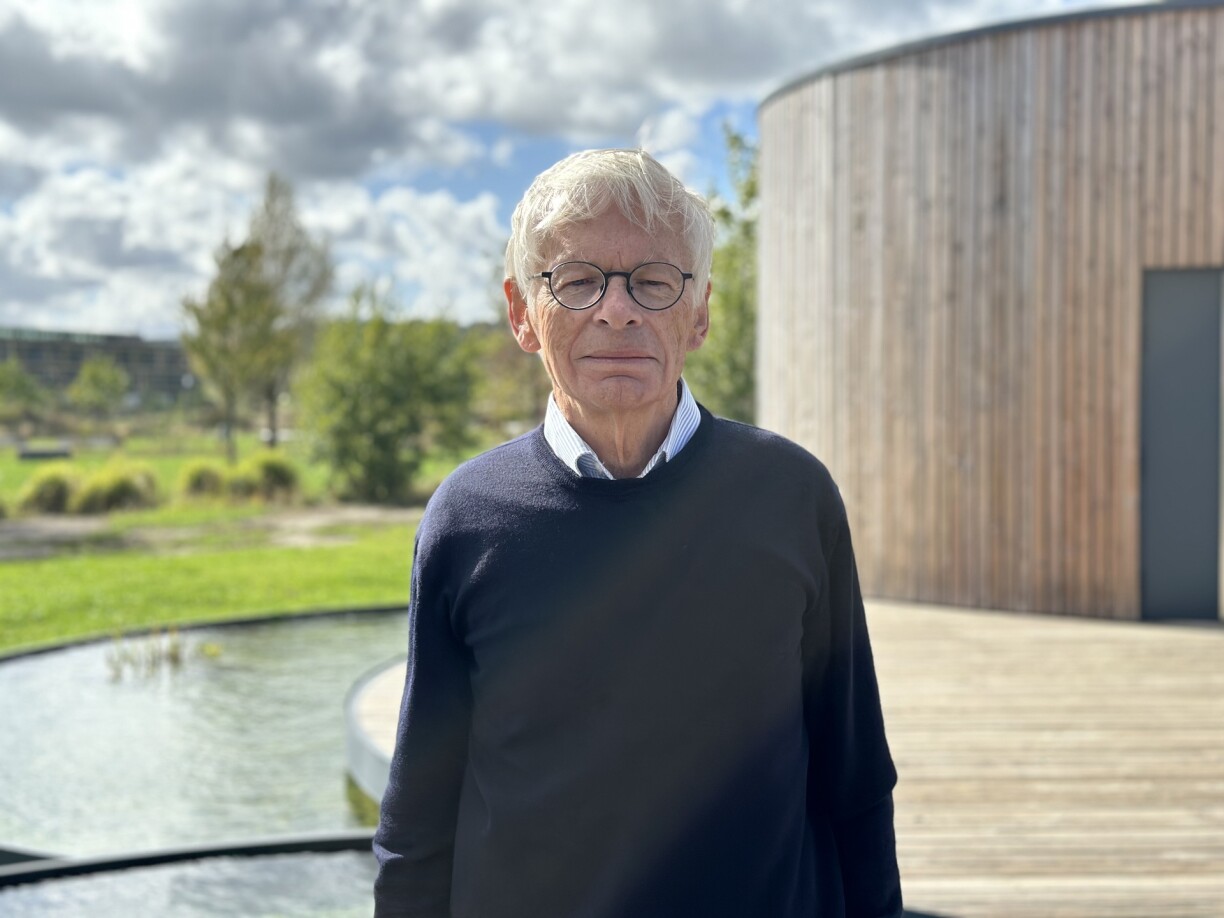
In an interview with our colleagues from RTL Télé, Dr Bernard Thill, President of Médecins du Monde (MDM) in Luxembourg, advocated for permanent social support structures and reinforced the principle of universal healthcare, framing them as issues of basic human dignity.
Dr Thill called for the Wanteraktioun winter shelter programme to remain open throughout the entire year. He dismissed the argument that this would encourage “social tourism,” stating that most people come to Luxembourg to work and escape poverty, not to exploit the system.
The core of his argument centered on healthcare access. “Besides the right to a place to sleep, it is important in a rich country like Luxembourg that every person who is ill, regardless of where they come from or what their name is, receives adequate and proper healthcare,” Dr Thill stated. To guarantee this, he stressed the urgent need to establish Universal Healthcare Coverage (CUSS) on a solid legal foundation, ensuring that everyone residing in the country can access a doctor.
Additionally, Dr Thill argued for a significant expansion of the third-party payment system, which prevents patients from having to advance medical costs. He proposed it should be universally applied to all treatments reimbursed by the National Health Fund (CNS), a move that would particularly aid households struggling financially. While a social third-party payment (TPS) system exists, he noted it is currently hampered by administrative constraints.
Dr Thill expressed a poignant goal for his organisation: to become obsolete within the country. “We actually believe that it should be the case that we [MDM] are not needed here in Luxembourg,” he said. He argued that the 1,300 people MDM assists annually should be cared for by the state through a fully functional universal healthcare system, which would allow the association to redirect its resources to “other countries that truly need help.”
Currently, Médecins du Monde fills a critical gap by treating individuals in Luxembourg who lack coverage or a fixed address, including those experiencing homelessness and, “unfortunately, often people who cannot afford immediate medical treatment.”
Dr Thill is 74 years old and roots his advocacy in his own Luxembourgish upbringing. Born in Luxembourg City and raised in Schifflange as one of five children in a farming family, he reflects on his formative years: “I was fortunate to grow up in a family where my parents looked after us and made sure we went to school. And we had everything we could imagine. Not everyone has that chance.” This early experience, he argues, creates an obligation: “You mustn’t forget where you come from and what opportunities you’ve had. And on the other hand, you mustn’t forget that there are people who don’t have that chance. But they are just as valuable human beings as you are.”
It is from this principle that Dr Thill condemns the begging ban in Luxembourg City, describing it as an “attack on human dignity.” In his view, the measure targets vulnerable individuals rather than addressing the root cause of poverty:
“To say, you must leave the street now, you have no right to beg here, you have no right to stay here because you are in the country illegally... You have to ask yourself, where do these people come from, why are they here? All I can say is that the majority of them come here for reasons of poverty. And poverty is not a disgrace! As a rich country, we must take care of these people and be aware that we must not forget or neglect the dignity of these individuals – no matter where they come from or what their status is – but respect it.”
To underscore the fundamental nature of this right, he cited Article 1 of the German Basic Law: “Human dignity shall be inviolable.”
Dr Thill further elaborated by comparing poverty to an illness, describing it as “a bitter disease that is hard to cure.” He stressed that society has a duty to care for those affected by it, “just as you care for people who are physically ill and suffering.”
For Dr Thill, the psychological toll of poverty is a central concern. “Life is only worth living when there is no suffering. And when you are poor, a great deal of psychological suffering is involved,” he said. The appropriate societal response, he concluded, is to “say to ourselves, we cannot allow this, we must help these people – that would be the right path.”
Dr Thill, who has served as President of Médecins du Monde since 2021, is preparing to step down from his leadership role at the end of 2025. However, his commitment to the organisation’s mission will continue. He plans to remain an active volunteer, providing direct medical care to patients.
His work with vulnerable populations predates his presidency. Since 2017, Dr Thill has been treating individuals who lack health insurance, often those experiencing homelessness or living in precarious conditions. This focus on compassionate care follows a long career in medicine dedicated to oncology and, more specifically, palliative care.
In 2022, his extensive contributions were recognised when he was named “Luxembourger of the Year.”
Following that honour, Dr Thill publicly expressed his hope that the next government would demonstrate a strong social commitment to prevent a further increase in homelessness. Reflecting on the period since then, he now states that this hope has unfortunately not been realised.
“On the contrary,” Dr Thill observed, noting that access to housing in Luxembourg remains “extremely difficult for many people.